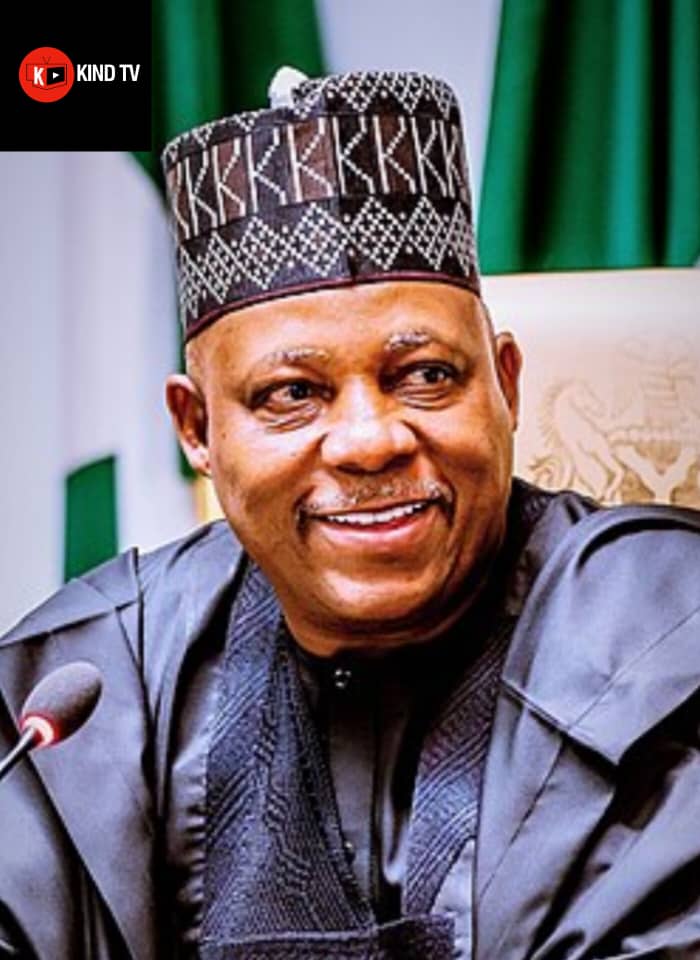Tinubu Sends Shettima to Kebbi: Delegation or Abdication of Responsibility?

President Bola Tinubu’s decision to deploy Vice President Kashim Shettima to Kebbi, rather than personally leading the federal response to the abduction of 25 schoolgirls, has added another dip to an already grim national moment. The Presidency described Shettima’s visit as a gesture of solidarity, yet the move leaves an unmistakable impression that the nation’s most delicate emergencies are increasingly handled at arm’s length. From official accounts, the President instructed his deputy to travel to Kebbi to “sympathies with the state government and reassure parents and guardians” that the abducted pupils would be rescued. The direction was presented as decisive action, swift, orderly, and procedural. Still, the symbolism cuts says otherwise. At a time when families and communities are shaken, and the country is once again confronting its fraught security realities, the President is notably absent from the scene of the crisis. Tinubu reaffirmed his commitment by tasking security agencies to locate and return the children safely, insisting that the perpetrators must face justice. He also spoke of an ongoing effort to strengthen the nation’s internal security capabilities, describing military, policing, and intelligence adjustments meant to sharpen response and deterrence. The assurances are reassuring on paper, but the optics suggest a presidency that prefers to manage tragedy from a distance. The Senate’s urgency further underscores the gravity of the moment. Lawmakers have urged the President to recruit 100,000 additional military personnel, a striking admission of how thinly stretched the nation’s security architecture remains. The recommendation reads almost like an alarm bell, revealing a system that can not continue in its current configuration. What unsettles here is not the Vice President’s competence; Shettima has long been the administration’s emissary for crises, but the growing pattern in which he or any other available ally to the President becomes the face of difficult national moments while the President maintains a quieter, more insulated posture. Each delegation creates the sense that hands-on leadership is being traded for administrative distance. In a moment when the country’s anxieties are high and trust in institutions is fragile, presence matters. The symbolic weight of a President standing where the nation bleeds can not be outsourced. That absence forms the quiet thread running beneath this latest tragedy, raising the subtle and insistent question of whether critical responsibilities are being managed or merely passed along. The situation remains tense, and the path to the girls’ rescue will determine how this episode is ultimately remembered.
| 2025-11-19 08:43:23
